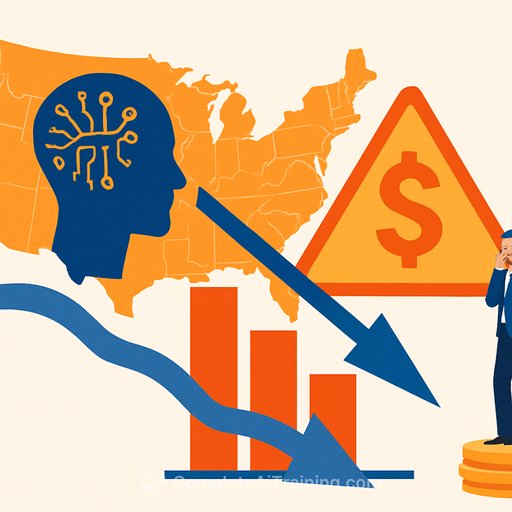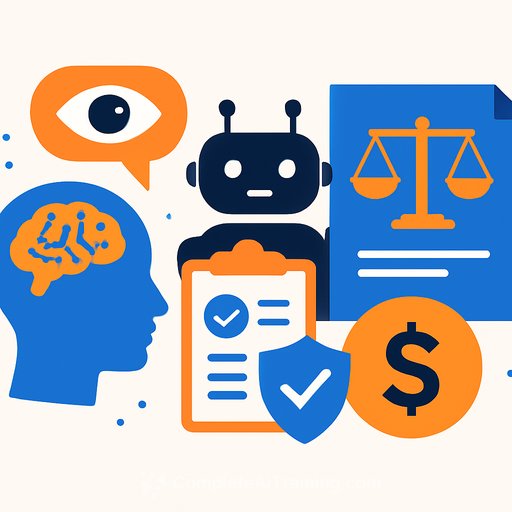AI Regulations Are Changing Fast—Here’s What Investors Need to Know by State
Congress rejected a federal moratorium on state AI laws in July 2025, allowing states to continue pursuing their own AI regulations. This marks a significant shift from hopes of uniform federal oversight to a patchwork of state rules.
Key Takeaways
Many states have introduced AI legislation in the mid-2020s. Companies like Meta Platforms Inc. (META), Alphabet Inc. (GOOGL), Amazon.com Inc. (AMZN), and Microsoft Corporation (MSFT) face multistate regulatory challenges that could affect their profitability.
After efforts by Republicans in Congress to block state AI regulation for 10 years failed, states can now impose their own AI restrictions. The White House’s July 2025 "AI Action Plan" warns that federal funding could be withheld from states with laws deemed overly burdensome, but states are moving quickly to establish AI rules.
This shift signals a move away from the hands-off approach that supported the current AI boom. Investors who have aggressively bought tech stocks without factoring in regulatory risks may need to reconsider their positions.
State-by-State AI Legal Map
The International Association of Privacy Professionals tracks AI governance legislation across the U.S. Nearly half the states are either considering or have enacted AI laws. AI regulation is no longer limited to California.
- Passed major legislation (lightest blue): California, New York, Colorado, and Texas have enacted comprehensive AI laws or have multiple major bills under consideration.
- Emerging regulators: Nine states including Illinois, Massachusetts, Vermont, Hawaii, Utah, Iowa, Minnesota, Nebraska, and Oklahoma are considering or recently enacted targeted AI laws.
- Legislation under consideration: Eleven states have introduced AI bills that are stalled or withdrawn but indicate growing political interest.
- Limited legislative activity (darkest blue): Twenty-six states have yet to introduce comprehensive private-sector AI governance laws, though nearly all have seen some AI-related legislative efforts.
Big Tech's Regulatory Exposure: Who's Most at Risk
State AI laws bring compliance costs, litigation risk, product delays, and potential penalties. Big Tech lobbied unsuccessfully for federal legislation to block state laws in 2025.
- Meta (Facebook/Instagram): Uses AI for content moderation, ads, and product development. It settled lawsuits for $1.4 billion over facial recognition privacy violations in Texas and Illinois. An investigation revealed AI chatbots exposing minors to inappropriate content.
- Amazon: Employs AI in warehouse automation, delivery, inventory, AWS, Ring security, and Alexa. Employees with disabilities accused its AI systems of systemic discrimination in 2025. Previously scrapped an AI hiring tool due to gender bias concerns.
- Alphabet (Google): Integrates AI in search, Gmail, YouTube, cloud services, and ads. Faced issues with AI-generated racist and misogynistic imagery and biased search results. AI-related errors have caused ongoing public relations challenges.
- Microsoft: Major investor in OpenAI and uses AI across software, cloud, security, and enterprise tools. Currently facing lawsuits over training AI with copyrighted materials.
The Bottom Line
AI presents a major growth opportunity, but these leading tech companies face a patchwork of state laws. Compliance demands could increase costs and limit AI deployment. For legal professionals advising investors or tech firms, understanding this evolving regulatory environment is crucial to managing risk.
For those interested in AI compliance and training, resources like Complete AI Training offer up-to-date courses on AI regulation and technology.
Your membership also unlocks:





